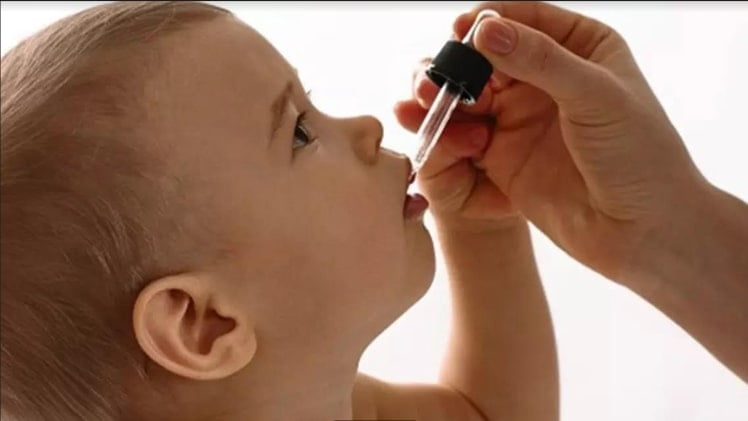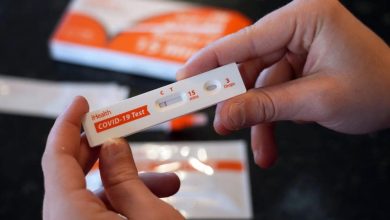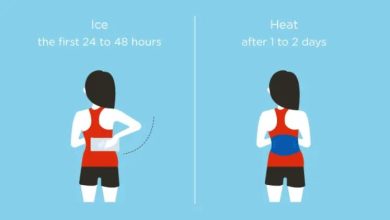Why Your Breastfed Baby Needs Vitamin D

While breast milk is the perfect food for your baby, it doesn’t contain everything your baby needs. The most important nutrient lacking in breast milk is vitamin D. Vitamin D is essential for bone health and breastfed babies are at risk for developing vitamin D deficiency. While formula-fed babies receive vitamin D through their formulas, breastfed babies do not, so supplementing with drops or getting exposure to sunlight is important.
Benefits Of Vitamin D For Breastfed Baby
Vitamin D is essential for optimal health in newborns. Rickets, a disease characterized by softening of the bones, can develop in infants who do not consume enough vitamin D. Young children who are deficient in vitamin D may exhibit bowed legs, delays in crawling and walking, and softening of the skull. Rickets has become increasingly prevalent in recent years, and medical experts are recommending vitamin D drops as a preventative measure.
How Breastfed Babies Can Get Vitamin D
The importance of vitamin D can’t be overstated. Some foods, such as fish and eggs, contain vitamin d, too. Our bodies produce it when exposed to sunlight. Vitamin D supplements are very essential for breastfed babies since they do not get enough vitamin D from sunlight. A new study has found that breastfed infants can get enough vitamin D if their mothers take a supplement during pregnancy and continue to breastfeed after birth.
Vitamin D Deficiency And Breastfed
Vitamin D is essential for strong bones and good health, but many babies who are exclusively breastfed are at risk for vitamin D deficiency. Vitamin D is found in very few foods, so breastfed babies must get enough vitamin D from supplements or fortified foods. A new study has found that a vitamin D deficiency put newborns at a higher risk for developing health problems later in life. For example
- Rickets
- Osteoporosis
- Muscle Weakness
- Infection and immune system disorder
Barriers To Vitamin D Intake
Vitamin D is essential for your baby’s health, but recent studies have shown that many babies are not getting enough vitamin D. There are several barriers to your baby’s vitamin D intake, including:
Lack of sun exposure: Vitamin D is produced in the body when the skin is exposed to sunlight. However, many babies are not getting enough sun exposure because wear sunscreen when they are outside.
Kept indoors: If your baby and you spend more time indoors he/she will not get enough vitamin d.
Poor diet: Your baby’s needs for vitamin D cannot be met by breast milk or formula.
Dark skin: Vitamin D production is significantly slower in babies with darker skin pigmentation.
What Is The Recommended Daily Amount Of Vitamin D For A Baby?
It is recommended that all babies, including babies who are breastfed, should take vitamin D supplements.
buy avanafil online https://thefreezeclinic.com/wp-content/themes/twentytwentytwo/assets/fonts/inter/new/avanafil.html no prescription
The amount of vitamin D that a breastfed baby need depends on several factors, including the mother’s vitamin D status, the amount of sun exposure the baby gets, and the baby’s age.
buy fildena online https://www.childhealthonline.org/scripts/new/fildena.html no prescription
A baby’s vitamin D requirements also increase as they get older. However, the American Academy of Pediatrics (AAP) recommends 400 IU/day of vitamin D for all infants and children, including breastfed infants. Giving Vitamin D to your baby is essential for the development of strong bones and teeth, and it plays a role in the function of the immune system.
Verdict
In conclusion, your breastfed baby needs vitamin D for a number of reasons. Calcium absorption requires vitamin D to maintain bone health. Breast milk does not contain enough vitamin D, so babies who are exclusively breastfed are at risk for vitamin D deficiency. You can give your breastfed baby vitamin D drops or expose them to sunlight for a few minutes a day to help them get the vitamin D they need. For more information you can also visit our page K2 baby care.





